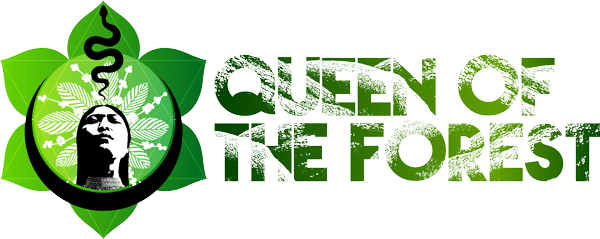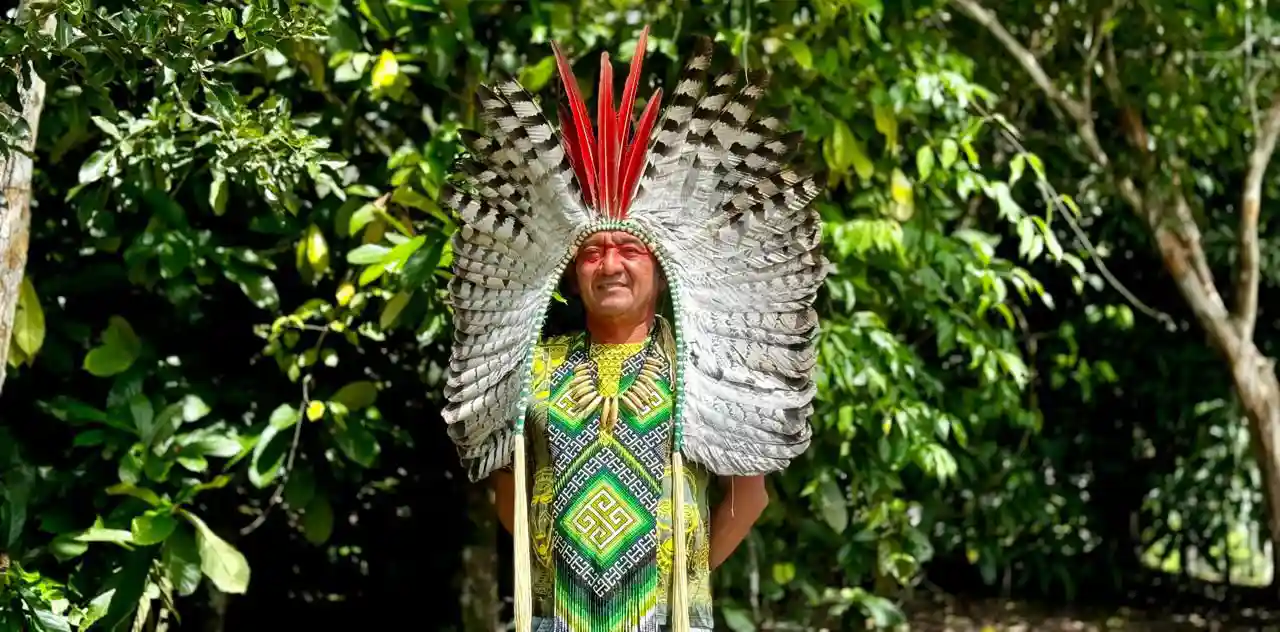Ancient Voices Documentary, Communities, Forest People, Madrecita, Medicine Music, Music and Songs
Huni Kuin Haux Haux
The Kaxinawá individuals (Huni Kuin) are an indigenous people of Brazil and Peru. Their towns lie along the Purus and Curanja Rivers in Peru and the Tarauacá, Jordão, Breu, Muru, Envira, Humaitã, and Purus Rivers.
In the Peruvian Amazon jungle, some Kaxinawá survive the Alto Purús Indigenous Territory with the Kulina individuals.
The Kaxinawá are also referred to as the Cashinauá, Caxinauá, or Kashinawa people. This name originated from kaxi or “bat” and nawa meaning “individuals” or “immigrants”. Their autonym is Huni Kuin or “real men”, from huni, “male”, and kuin significance “real.”.
Hare Haux Chants:
Get to Know some of the Brazilian Native Populations, their art and culture:
Kaxinawa – Kuntanawa – Yawanawa – Tupi Guarani – Puyanawa
What is the perspective of Pajé Tatá on the usage of “Haux” by non-initiated individuals?
According to my conversation with Pajé Tatá, a respected 95-year-old shaman from the Yawanawa people, the meaning of “haux” holds great significance within their culture. Pajé Tatá expressed that this word, which has unfortunately been trivialized by “new agers,” carries a sacred and profound essence for their community.
When asked about the perspective on the usage of “haux” by non-initiated individuals, Pajé Tatá humorously referred to such individuals as “puinki natu,” which can be interpreted as someone who writes or speaks without truly understanding the meaning. Essentially, in Pajé Tatá’s perspective, using “haux” without comprehending its deeper significance could be seen as an ignorant act.
However, it is important to note that despite this perspective, Pajé Tatá’s response was lighthearted and filled with laughter. This suggests that while the shaman acknowledges the potential trivialization of “haux” by outsiders, the overall tone of his statement conveys a sense of amusement rather than anger or offense.
In summary, Pajé Tatá’s perspective on the usage of “haux” by non-initiated individuals is one that recognizes their lack of understanding and possibly trivializes their attempts to use the term. Nevertheless, his response indicates a jovial attitude, suggesting that while he finds amusement in such usage, he does not harbor any ill feelings.
Why is it important to respect and preserve indigenous traditions?
Respecting and preserving indigenous traditions is of utmost importance for several compelling reasons. Firstly, these traditions hold immense cultural and historical significance, representing the identity and heritage of indigenous communities. They have been handed down through generations, carrying the wisdom, knowledge, and unique perspectives of these communities. Preserving them ensures that their distinct voice and perspective continue to enrich our collective human experience.
Secondly, indigenous traditions offer valuable insights into sustainable practices and harmonious coexistence with the environment. Many indigenous cultures have developed deeply-rooted connections with nature, recognizing their role as stewards of the land. Their knowledge of traditional agricultural techniques, herbal medicine, and conservation strategies can offer valuable lessons in addressing contemporary environmental challenges.
Furthermore, indigenous traditions foster diversity and inclusivity. They celebrate different ways of understanding the world, challenging dominant cultural narratives and promoting cultural pluralism. By honoring indigenous traditions, we create space for these communities to express their unique beliefs, customs, and practices, thereby nurturing a more inclusive and equitable society.
Additionally, indigenous traditions contribute to the well-being and resilience of indigenous communities themselves. These traditions often provide a sense of belonging, spiritual fulfillment, and social cohesion. They serve as anchors that help individuals and communities navigate change, adversity, and trauma. Preserving these traditions can promote mental and emotional well-being, strengthen social bonds, and bolster the overall resilience of indigenous communities.
Lastly, by respecting and preserving indigenous traditions, we acknowledge the historical injustices and ongoing struggles faced by these communities. Many indigenous cultures have experienced colonization, displacement, and marginalization, resulting in the erosion and suppression of their traditional practices. By actively supporting and safeguarding these traditions, we work to rectify past harms, honor indigenous rights, and foster a more just and inclusive society.
In conclusion, respecting and preserving indigenous traditions is vital for honoring cultural diversity, safeguarding traditional knowledge, promoting sustainability, nurturing inclusive societies, and acknowledging historical injustices. By valuing and upholding these traditions, we can create a world that celebrates and learns from indigenous cultures, fostering a more harmonious and balanced relationship with both human and natural ecosystems.
How is “Haux” used in healing rituals?
“Haux” is a sacred word used in healing rituals, according to Tashka Yawanawa. It is not simply a greeting, but rather a powerful invocation with multiple purposes. In the Yawanawa tradition, “Haux” is employed during various healing practices.
One of these practices is called Sheyuki, which involves a pajé, or shaman, using their hands to massage the affected body part of a sick individual. At the end of the massage, the pajé puts their hands together and blows towards the heavens while saying “Haux!!!!! Let the cure come!!!!” This act of blowing symbolizes a call for healing energy and invokes the divine power within the pajé.
In another healing ritual called Haux em Rakushakin, after a night of Uni, the shaman possesses a divine power in their body and mouth. They gather children and elderly people, and while blowing on their heads, they join their hands and blow towards the sky, saying “Haux!!!! Let the cure come!!!!” This blowing gesture is believed to have a vaccinating and protective effect against diseases.
Yet another instance of “Haux” being used in healing rituals is during Vekushi, a spiritual cleansing practice. In this ritual, the shamans burn Sepa, a sacred medicine that emits the perfume of spirits. As they burn Sepa, they utter the words “Haus!!! I come to cure!!!!” This invocation signifies the shaman’s intention to use the healing power of the spirits to cleanse and restore balance.
Furthermore, “Haux” is employed by the paje when initiating a healing prayer called Unimai, which signifies the beginning of a prayer and the birth of its effects. The paje concludes the prayer by uttering “Haux,” thereby closing the prayer and sealing the intention for healing.
In summary, “Haux” holds significant spiritual and healing significance in the Yawanawa tradition. It is used during practices such as Sheyuki, Haux em Rakushakin, Vekushi, and Unimai to invoke healing energies, protect against diseases, and initiate and conclude healing prayers.


